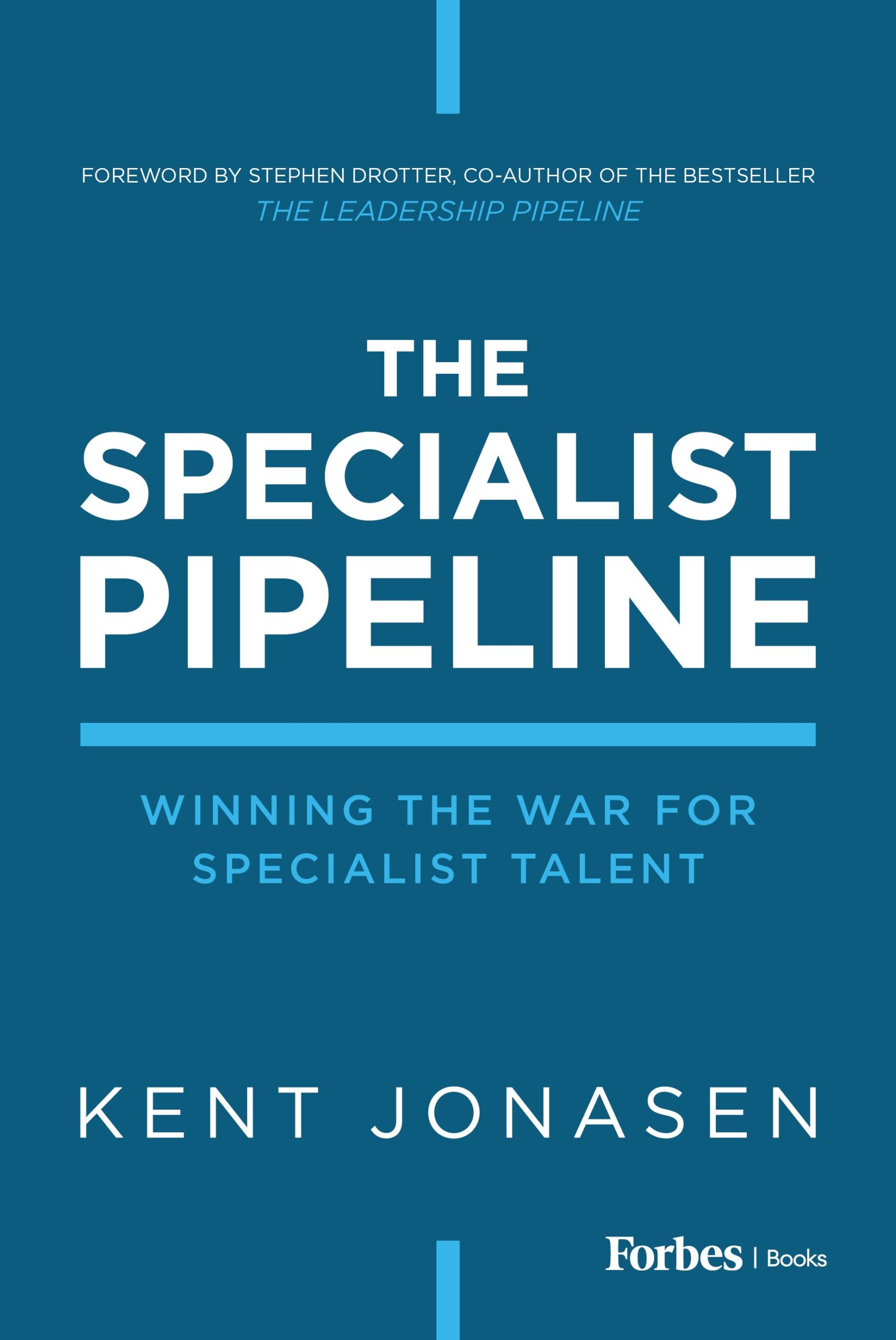The Specialist Pipeline: Winning the War for Specialist Talent (lydbog)
224 kr. inkl. moms/VAT
The lack of focus on specialists and the absence of a specialist architecture present real business challenges.
The Specialist Pipeline concept introduces a road-tested solution on how to design an enduring architecture for specialist performance and specialist development.
The lack of focus on specialists and the absence of a specialist architecture present real business challenges.
Many organizations articulate how important specialists are to the organization. Yet very few organizations have supporting architecture and structured development programs for specialists — at least not beyond a title structure and purely technical training.
Organizations need an enduring specialist architecture that enables the entire organization to work with and talk about people matters in a consistent way. This architecture needs to set common standards for both performance potential and development, differentiated by different levels of specialists. It should also establish language and processes to address issues, identify problems, and exploit opportunities effectively, as well as data for making decisions about everything from job transition to performance.
This book will guide you on how fill the gap and get the necessary Specialist Pipeline architecture in place and is relevant for:
The Specialist who wants to better understand how to make specialist career and engage their direct manager in their personal development
The manager of specialists who wants to improve their skills in selecting and developing specialists
The talent or learning manager who believes their organization can benefit from creating a specialist culture that even better attracts and retain specialist talent
The CTO and other C-level executives who depends on having high performing specialist within their organization
The CEO who wants to successfully improve execution by breaking down organizational hierarchies and securing that specialists are represented at the right decision forums rather than being pushed down to the bottom of the organizational hierarchy
ABOUT THE AUTHOR
Kent Jonasen co-founded Leadership Pipeline Institute in 2008 and is today CEO of LPI. Before founding LPI, he spent five years in the financial industry and twelve years within human resources in A.P. Moller – Maersk of which he was Deputy Head of Group Human Resources from 2003 to 2008. In this role he was responsible for talent management, leadership development, executive development and executive compensation.







